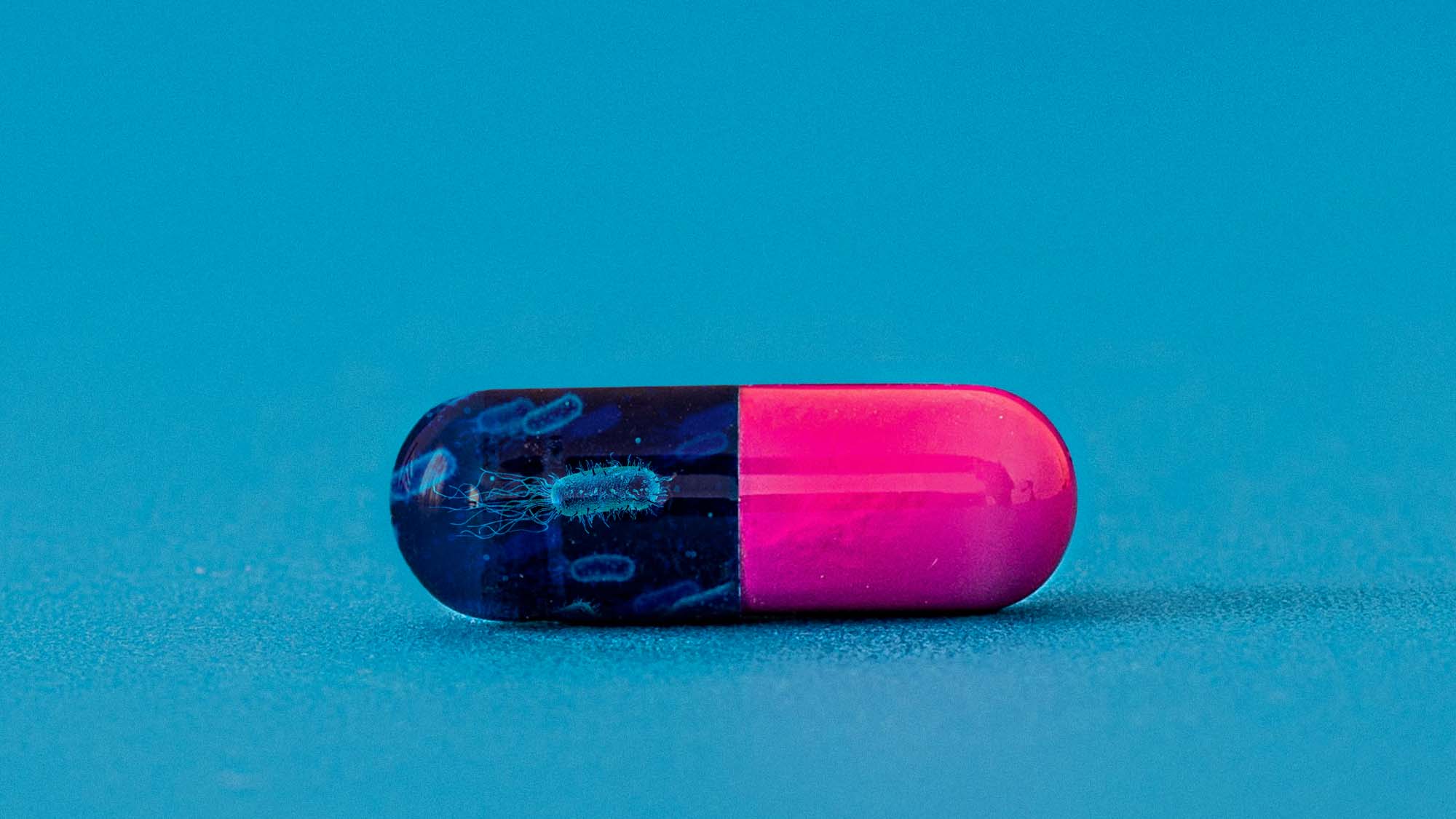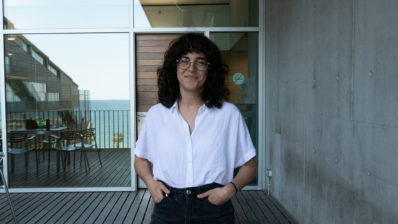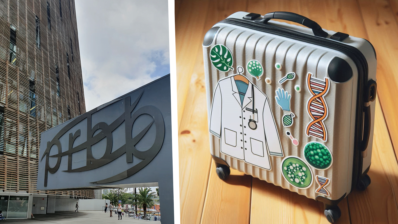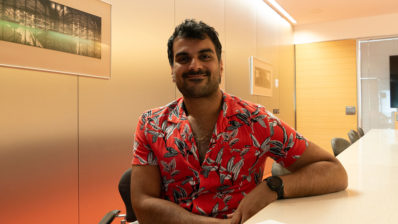No matter how sterilized, medical implants, such as catheters or pacemakers, can become infected by biofilms, colonies of bacterial cells that stick to a surface. These impenetrable layers prevent antibiotics or the human immune system from destroying the embedded bacteria, making them up to a thousand times more resistant to antibiotics than free bacteria.
The solution to these infections is to intervene patients surgically to remove the infected medical implants. The alternative is to introduce antibodies or enzymes that destroy the bacteria in the biofilm, but these are highly toxic to healthy cells.
Now, scientists from the Center for Genomic Regulation (CRG) and Pulmobiotics S.L. (a recent spin-off from the same center) have modified the bacterium Mycoplasma pneumoniae to make it transport these enzymes to the implant, which can thus act locally.
Synthetic biology: rebuilding a ‘bad’ bacteria to help us
Bacteria are an ideal vector, as they have small genomes that can be modified through simple genetic manipulation.
The first thing the scientific team did was modify M. pneumoniae (a common cause of respiratory infections) so that it did not cause disease.
They then introduced other changes to its DNA that allowed it to produce two enzymes that dissolve biofilms and attack embedded bacteria.
For the first time, a bacterium (M. pneumoniae) has been modified and used in mice to fight other bacteria
To test its performance, this ‘live pill‘ was inoculated under the skin of mice with infected catheters: this treatment killed the infections in 82% of the animals.
A small first step for bacteria, a big step for living medicine
The first goal is to use the modified bacteria to treat biofilms around endotracheal tubes, since M. pneumoniae is naturally adapted to the lung.
“Our next challenge is to tackle large-scale production and manufacturing, and we expect to begin clinical trials in 2023”
María Lluch, co-author of the study and scientific director of Pulmobiotics
But the modified bacteria can also be applied in the long term to other diseases. “Once they reach their destination, the bacterial vectors offer a continuous and localized production of the therapeutic molecule. Like any vehicle, our bacteria can be modified with different loads targeting different diseases, with more potential applications in the future,” says Luis Serrano, director of the CRG and co-author of the study.
Pulmobiotics has just received the National Innovation Award for the creation of a science-based company. This is a new category, released last year, of the National Research Awards, the highest recognition of scientific activity in Catalonia, awarded by the Generalitat de Catalunya and the Fundació Catalana per a la Recerca i la Innovació (FCRI).
Garrido et al. Engineering a genome-reduced bacterium to eliminate Staphylococcus aureus biofilms in vivo. Mol Syst Biol (2021)17:e10145 https://doi.org/10.15252/msb.202010145






